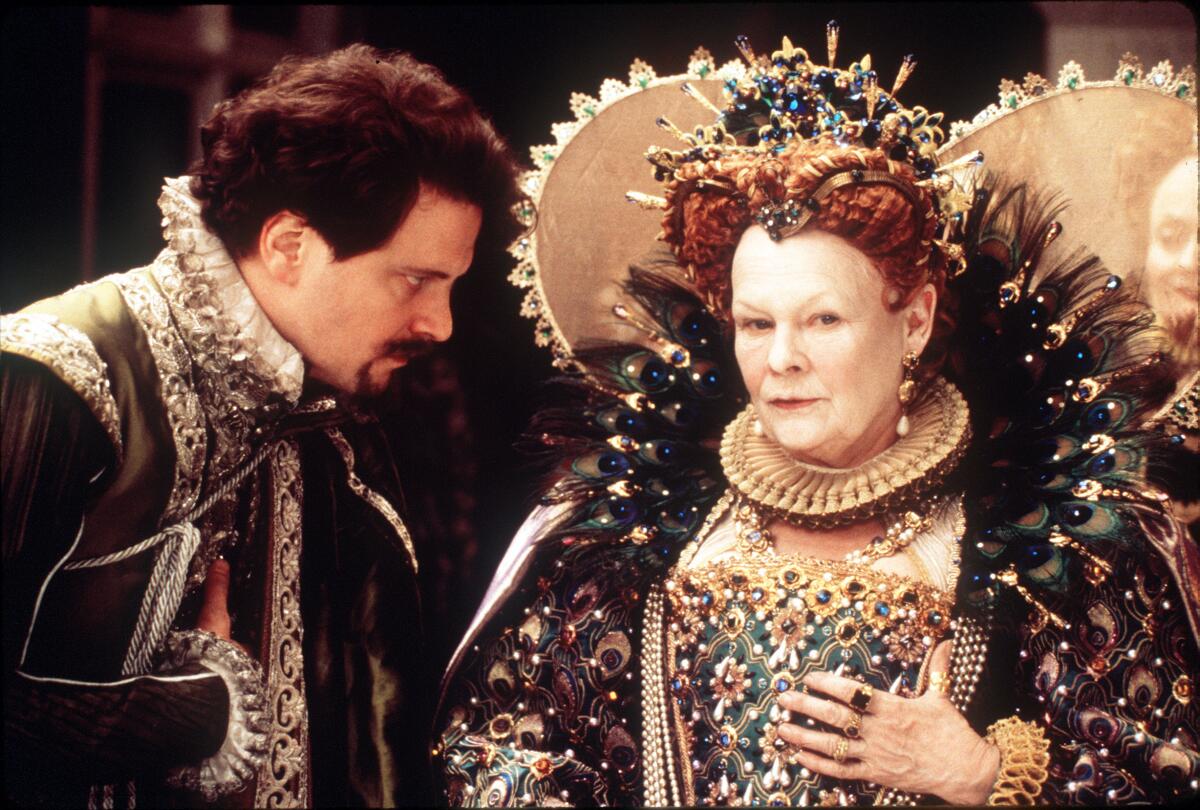Commentary: Go ahead and major in English. You’ll be fine!

- Share via
It is completely possible to live a fulfilling existence under the quiet oppression of mediocrity. Most people do, and it’s fine. There’s plenty of perfectly enjoyable TV, perfectly acceptable literature, perfectly OK music out there. If you’re not already worried about it, don’t worry about it!
Then there are the humanities majors. These are the people who couldn’t tolerate the idea of business school but somehow ended up with a sales job anyway, and who, while working quietly at the computer, decided most NFT art is unbelievable garbage and that ChatGPT is already boring. We are discussing you today.
This week, the New Yorker published a long exposé on the steep decline in humanities enrollment over the last decade at American universities. STEM — science, technology, engineering and mathematics studies — now prevails.
There is a strong chance that the quiet English degree-bearer in your life has already read the piece by Nathan Heller, who rousted several bewildering quotes from top-level Harvard academics. Famed literary professor Stephen Greenblatt mused that watching “Better Call Saul” might be a “contemporary form of very deep absorption of the kind comparable to literary study.” The dean of undergraduate education, Amanda Claybaugh, claims that while teaching “The Scarlet Letter,” some of her students “were really struggling to understand the sentences as sentences — like, having trouble identifying the subject and the verb.”
Seems clear enough what’s happened to the English department. The republic of letters has fallen under a sustained assault by prestige TV and the immediacy of the iPhone; we dwell now in the empire of almighty statistics, where inputs and outputs rule.
Heller reports that the study of English and history at the U.S. collegiate level has fallen by a third and humanities enrollment is down 17% over the last decade. Humanities enrollment is also down globally. Increasingly heavy student debt loads have made creative-writing classes an extravagance.
It’s a strange feeling to be an endangered species. I was an English major at the University of Missouri, where, in one of the miracles of the American way of life, I attended humanities classes where farm kids and St. Louis frat brothers got bludgeoned with healthy slugs of Homer, Cervantes, Hildegard of Bingen and the Quran.
I was — I told myself — going to become a fiction writer after graduation. (It should be clear to you now that I immediately didn’t.) Professional exile is the predominant experience of English majors today, who live like passport-holders from an ailing nation on a long-term visa — you have a book in you, but it’s not clear it will ever come out. According to statistics from the American Academy of Arts & Sciences, humanities graduates tend to land in the same mix of business, office management, sales and education jobs as other majors. A large number end up in management. (We all have a touch of the dark side in us.)
In fact, apart from highly technical fields like engineering, the salaries of humanities graduates tend to run pretty close to average. The stats seem to show that as long as you pick up a bachelor’s degree in anything, you’re likely to end up much better paid than a mere high school graduate, which is indicative of other problems with our whole setup.
But these are all just objective measurements of whether it’s valuable for a 19-year-old from a small town in Missouri to study Hannah Arendt’s “Eichmann in Jerusalem,” or to understand what W. E. B. Du Bois meant by “double consciousness,” or to feel the breath leave your chest after the sublime final line of the “Iliad,” which I can still recall two decades later: And so the Trojans buried Hector breaker of horses.
The immeasurable value in encountering any of these writers — or spending time with any serious creative, intellectual or spiritual work — comes from cultivating the radical subjectivity that is our birthright as humans, the burden we carry for all time. Observation, testing and replication can and will build faster jets, better medicines or more capable AI. But where do rights come from? Whose history should be taught about the founding of the United States? What’s good prose, and who’s just a blowhard trying to show off? What immortal fire connects Johnny Cash with Kendrick Lamar?
You don’t need to be an English major to ask any of these questions. You just need to be a seeker. But the humanities can help you look.
More to Read
The biggest entertainment stories
Get our big stories about Hollywood, film, television, music, arts, culture and more right in your inbox as soon as they publish.
You may occasionally receive promotional content from the Los Angeles Times.











